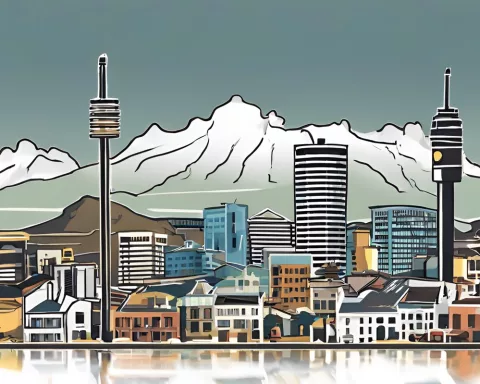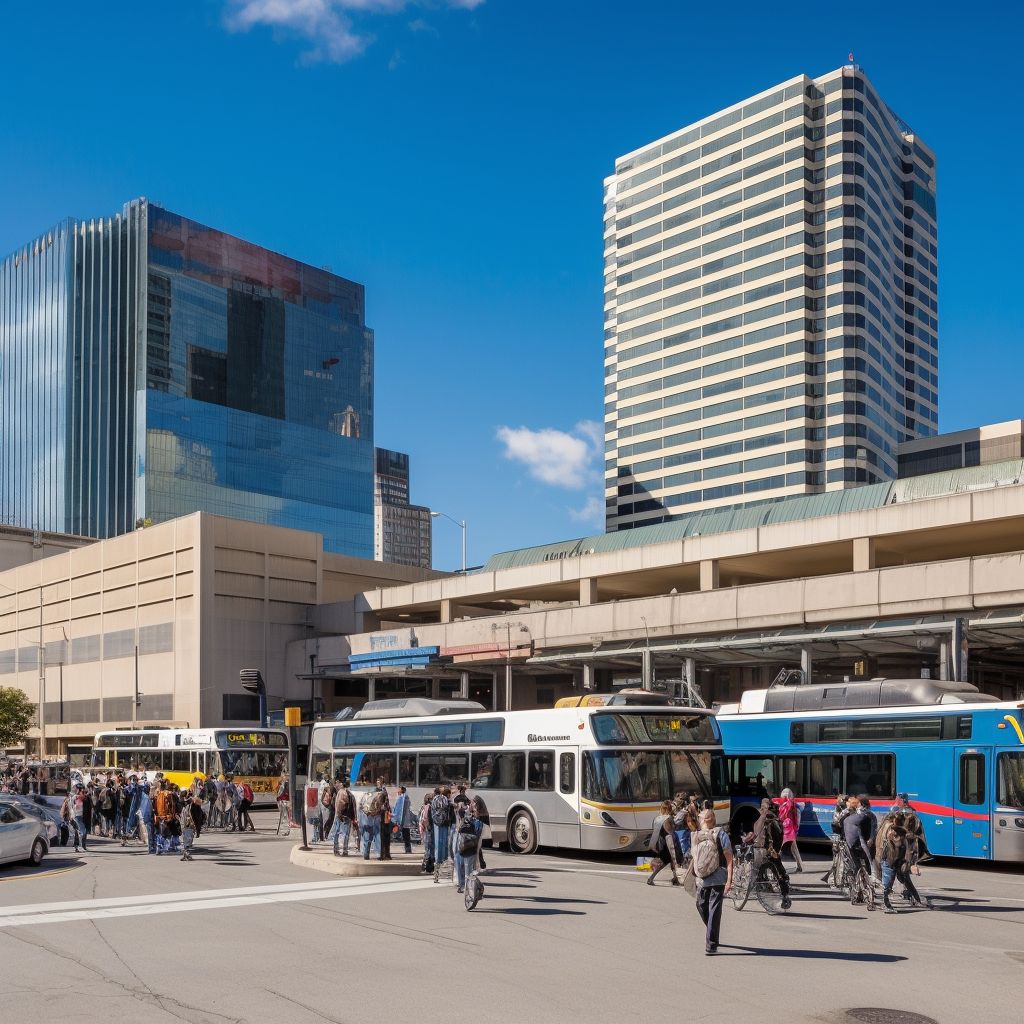The cholera outbreak in Hammanskraal has brought to light the ongoing water and sanitation crisis in South Africa. The lack of access to safe and reliable water and sanitation services has been a persistent issue in the country, affecting millions of people.
The Scope of the Crisis
According to the Water Research Commission, over 3 million South Africans lack access to safe drinking water, and more than 14 million do not have access to basic sanitation. Unfortunately, the situation in Hammanskraal is not unique, as many other communities in South Africa face similar challenges.
Government Response
While the government has recognized the need to address the issue, progress has been slow, and the crisis persists. Various initiatives and plans have been put in place over the years, but they have not been enough to solve the problem.
Urgent Action Needed
The cholera outbreak in Hammanskraal should serve as a wake-up call for the government and all stakeholders to take urgent action. The situation in Hammanskraal is a symptom of a larger problem that requires a comprehensive and sustainable solution.
Multi-Faceted Approach
To solve the water and sanitation crisis in South Africa, the government should prioritize the provision of safe and reliable water and sanitation services to all communities. This requires a multi-faceted approach that includes infrastructure development, water conservation, water quality management, and community engagement.
Municipal Accountability
Local municipalities must also be held accountable for the provision of water and sanitation services to their communities. Effective oversight and enforcement mechanisms must be in place to ensure that municipalities are fulfilling their responsibilities.
The cholera outbreak in Hammanskraal is a tragic reminder of the water and sanitation crisis in South Africa. Urgent action is needed to address the crisis and ensure that all communities have access to safe and reliable water and sanitation services. It is time to turn the tide on this crisis and ensure a better future for all South Africans.












